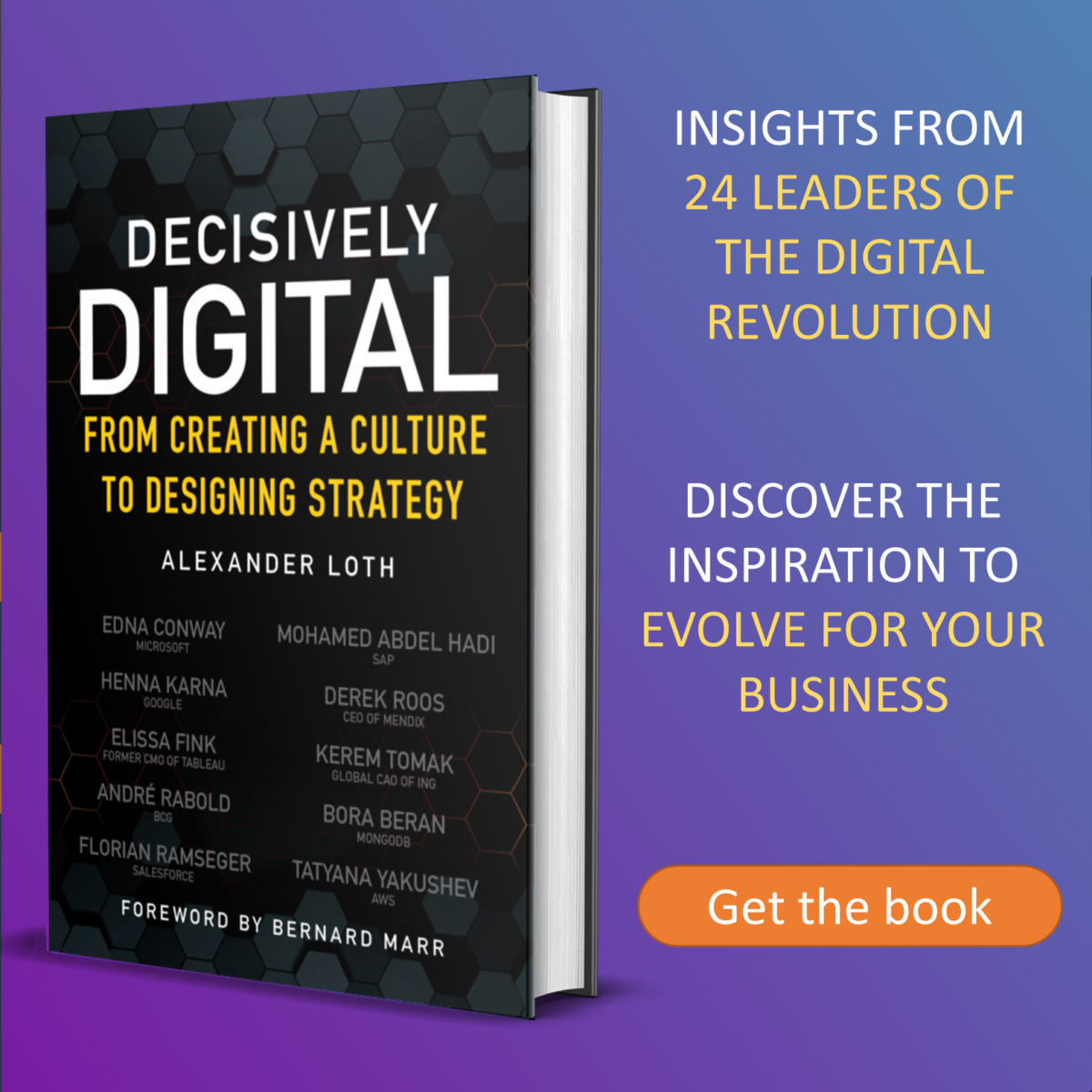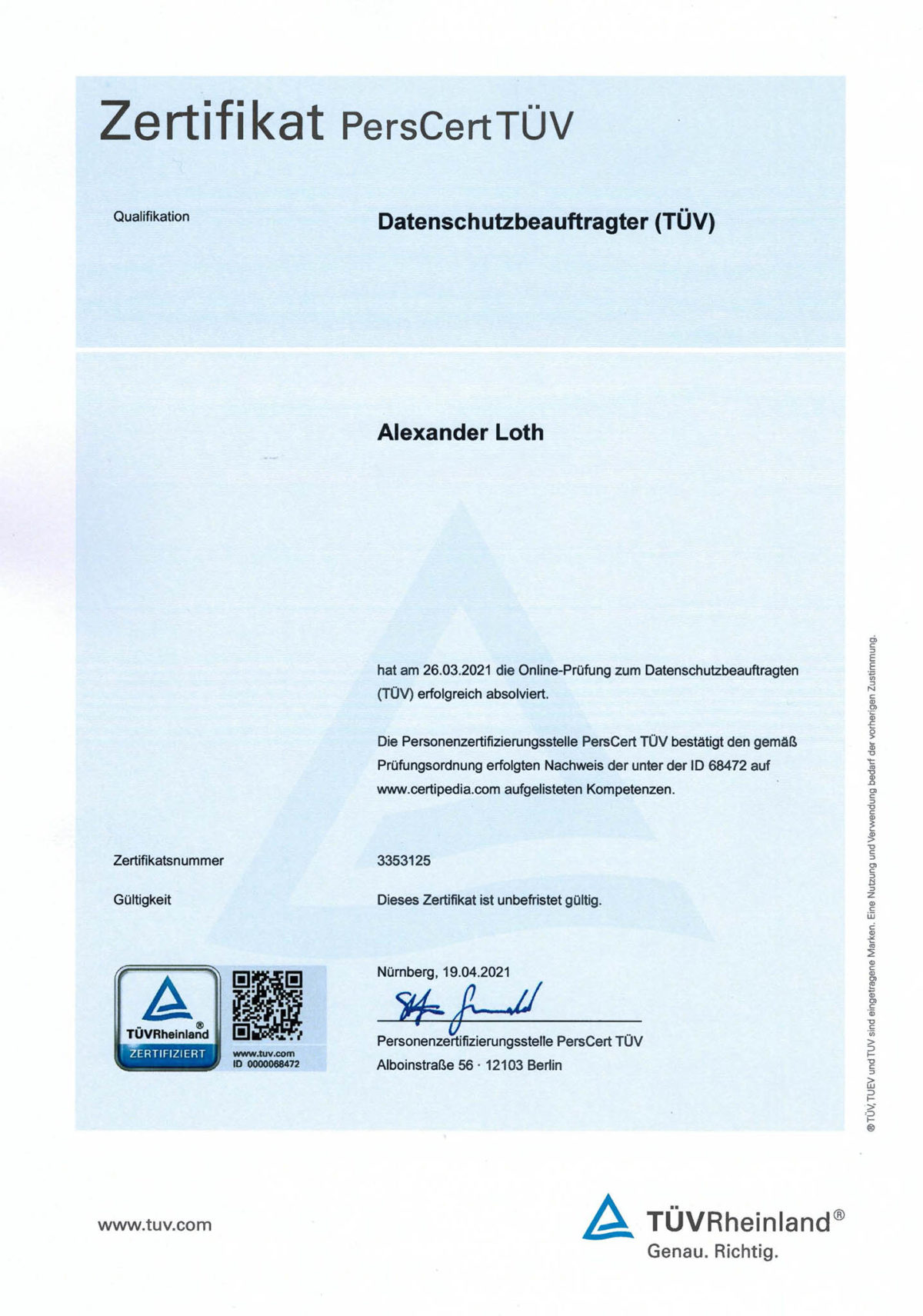Category: Blog
-

Decisively Digital — From Creating a Culture to Designing Strategy: Book is Now Available
My new book Decisively Digital — From Creating a Culture to Designing Strategy is now available for pre-order at most bookstores. The ebook is already available: Book’s website | Amazon | Barnes & Noble | Books A Million | IndieBound | Thalia | published by Wiley Check out 24 gripping interviews with Elissa Fink, Mohamed Abdel Hadi, Dr. Henna Karna, Derek Roos, Edna Conway, Kerem Tomak, André Rabold, Bora Beran, Florian Ramseger, Tatyana Yakushev, Patrick…
-
A Thought on Artificial Intelligence in China: The Future of Economic Development
China’s rise as a global leader in the field of Artificial Intelligence (AI) is monumental, with aspirations that reach beyond mere technological advancements. As I highlighted in my previous post, China’s AI innovations aim to tackle the challenges posed by the one-child policy, which has aged its population significantly. This leads to an imbalance of…
-

Taking a different perspective: certified Data Protection Officer
Taking a different perspective: now I am a certified data protection officer (Datenschutzbeauftragter (TÜV)). The required one-week training was packed with insights on how data processing can be made globally compliant with GDPR. I look forward to advising our customers on how organizations can effectively implement GDPR from a technical and organizational perspective. What are…
-
Meetings limited to 30 min and a 4-Day Workweek, Boosts Productivity by 40%: Microsoft’s Success Story
The 4 day workweek Microsoft experiment is a groundbreaking initiative that has captured global attention. By embracing a four-day workweek in Japan, Microsoft achieved a 40% boost in productivity. This article explores the details of the experiment, its implications, and how it aligns with the broader trends in automation and work efficiency. The Future of…
